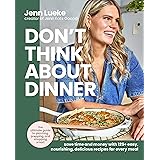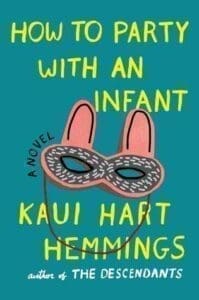The Sugar Men by Ray Kingfisher – 304 pages
Book Blurb:
Susannah Morgan has been settled in sleepy North Carolina for almost sixty-five years, but is still haunted by memories of her escape from the holocaust as a child. For most of her life the flashbacks have been a lonely obsession – one she has managed to hide from her children. But as her life draws to a close her memories start asking questions, and the only way she can find answers is to return to the scene of the unspeakable crime. Against the wishes of her children she flies back to Germany to find her truth. What she discovers there explains so much about who she is, who her children are, and how the wretched legacy of the holocaust is wide and deep and persistent.
My Review: 3.5 stars
The Sugar Men is a fictionalized historical story of a woman’s pursuit to recall buried memories from her time in a concentration camp. The story is a novel based on the author’s original short story, The Lucky One and also, a companion piece to Rosa’s Gold, which can be read in any order.
Written with a dual storyline from past and present, we see how life has gone on for our main protagonist as she suffered from PTSD, survivor’s guilt and alcoholism to hide the memories and nightmares. It’s easy to become quite invested in her survival story.
While the story line was good, although sometimes invariably horrifying with vivid descriptions of the camps, I much preferred the past to the present. It seemed odd that the adult children knew so very little of their mother’s life. Children are so much smarter than we give them credit for and it was highly unbelievable that there were so unaware from their lack of Judaic life to their mother’s melancholy. Additionally, the dialogue between siblings and mother didn’t sound realistic.
In the end however, and most importantly, the book focuses on the good people amongst the bad and finding hope amid sorrow. That is a message that is often overlooked in these harrowing tales of survival.
Quotes I liked:
I’ve spent too many years feeling guilty about living to feel guilty about dying now.”















